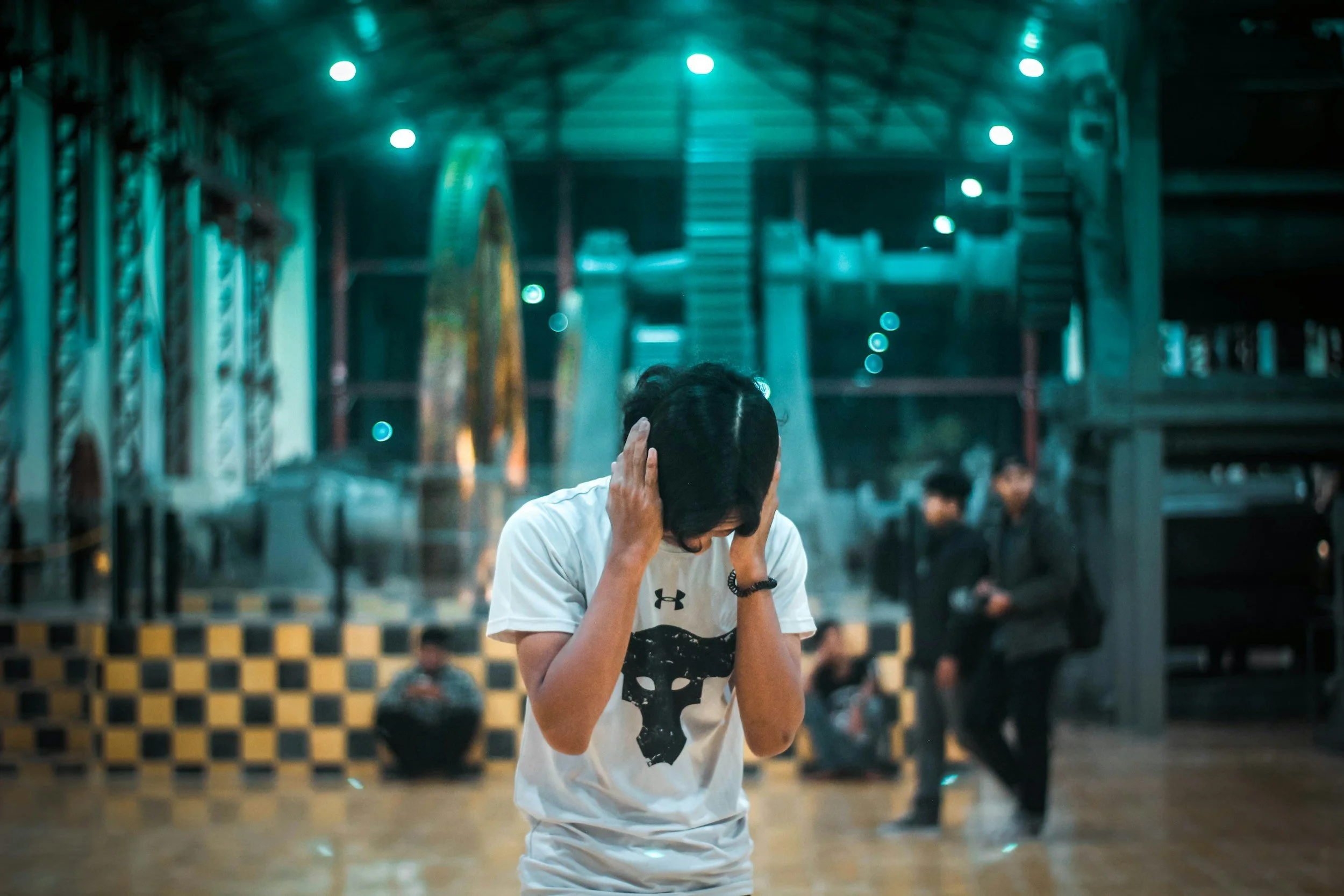When Trauma Clusters, Everything Gets Loud
When Trauma Clusters, Everything Gets Loud
Trauma doesn’t always arrive as one isolated event. Sometimes, it shows up in waves—over time, from different directions, and in ways that begin to stack on top of each other. This is what we call trauma clustering—when multiple traumatic experiences occur together or in close succession, creating a cumulative emotional overload.
And when trauma clusters, everything gets loud.
The world feels noisier.
Your thoughts race.
Your body feels on edge.
Even small things can feel like big threats.
If you’ve ever felt like your nervous system is maxed out, like you can’t catch a break or catch your breath, trauma clustering might be part of your experience. And if it is, please know: you’re not weak, broken, or overly sensitive. You’re human—and you’re responding to real pain in a very real way.
What Is Trauma Clustering?
Trauma clustering refers to multiple traumatic experiences that happen either simultaneously or in quick succession, before the mind and body have had time to recover from the previous one.
This could look like:
Childhood neglect layered with school bullying and later intimate partner abuse
A car accident during a period of grief after losing a loved one
Experiencing systemic trauma (like racism or poverty) while enduring a personal crisis
In many cases, trauma clustering includes both “big T” trauma (e.g., violence, assault, natural disasters) and “small t” trauma (e.g., chronic criticism, emotional neglect, repeated invalidation). Over time, they build up like a pressure cooker.
Why Everything Feels So Loud
When trauma accumulates, the nervous system goes into overdrive. Your brain becomes hyper-aware of danger. Your body prepares for fight, flight, freeze—or even fawn. Everything becomes more intense, more sensitive, and more overwhelming.
Here’s what “loud” might look like:
Loud thoughts: Racing mind, intrusive memories, self-criticism
Loud emotions: Sudden rage, panic, dread, sadness without an obvious trigger
Loud body cues: Tension, headaches, fatigue, stomach issues, heart palpitations
Loud reactions: Overreacting to minor stressors, shutting down completely, snapping at loved ones
Even silence can feel loud when you’re constantly waiting for the next emotional hit.
Why This Happens
When trauma is unresolved, your brain doesn’t process it as “over.” Instead, it stays in a heightened state of alert, scanning for danger. When you layer multiple traumas—especially when they’re unprocessed—your system starts responding to everything as if it might be a threat.
That raised voice? Might signal danger.
That unexpected email? Could be rejection.
That silence from a friend? Feels like abandonment.
Your reactions may feel “too much” to you, but they make perfect sense through the lens of trauma. You’re trying to stay safe in a world that hasn’t felt safe in a long time.
How to Begin Quieting the Noise
When trauma clusters and everything feels loud, healing isn’t about “toughening up” or pushing through—it’s about slowing down, tuning in, and gently unwinding what’s been held too tightly for too long.
Here’s how you can begin:
Name What’s Happening
Recognizing trauma clustering is powerful. When you name it, you stop blaming yourself for “overreacting” or “being too sensitive.” You begin to understand that your system is reacting exactly as it was designed to.
Seek Trauma-Informed Therapy
Working with a trauma-informed therapist (especially one trained in modalities like EMDR, somatic therapy, or IFS) can help you process layered trauma safely and slowly, without retraumatizing.
Reconnect With Your Body
Trauma is stored in the body. Practices like gentle movement, deep breathing, grounding exercises, or mindful stretching help signal to your nervous system that you are safe now.
Try this grounding technique:
5-4-3-2-1: Name 5 things you can see, 4 you can touch, 3 you can hear, 2 you can smell, 1 you can taste.
Journal or Voice Record Your Story
Let your thoughts out of your head. Journaling or talking into a voice memo can help you process events and emotions that feel tangled inside.
Reduce Stimulation
When everything feels loud, you don’t need to add more noise. Turn down the background TV, spend time in quiet spaces, take breaks from social media, and honor your need for rest.
Healing Is Not Linear—And That’s Okay
You might have days where everything feels calm and manageable… followed by days where everything is loud again. This is normal. Healing from clustered trauma isn’t about flipping a switch—it’s about creating more space between the noise and learning how to care for yourself inside the chaos.
Final Thoughts: You Deserve Quiet, Too
If your inner world feels too loud, too heavy, or too much to carry, know this: it doesn’t have to stay that way forever. You are not too damaged to heal. You are not too far gone to grow. You’re responding to what’s happened to you—and that response is valid.
But you don’t have to do it alone.
There’s support. There’s hope. And there’s a path forward where the noise begins to quiet, one breath, one boundary, one moment at a time.
You deserve peace—not because you’ve survived enough, but simply because you’re human.



